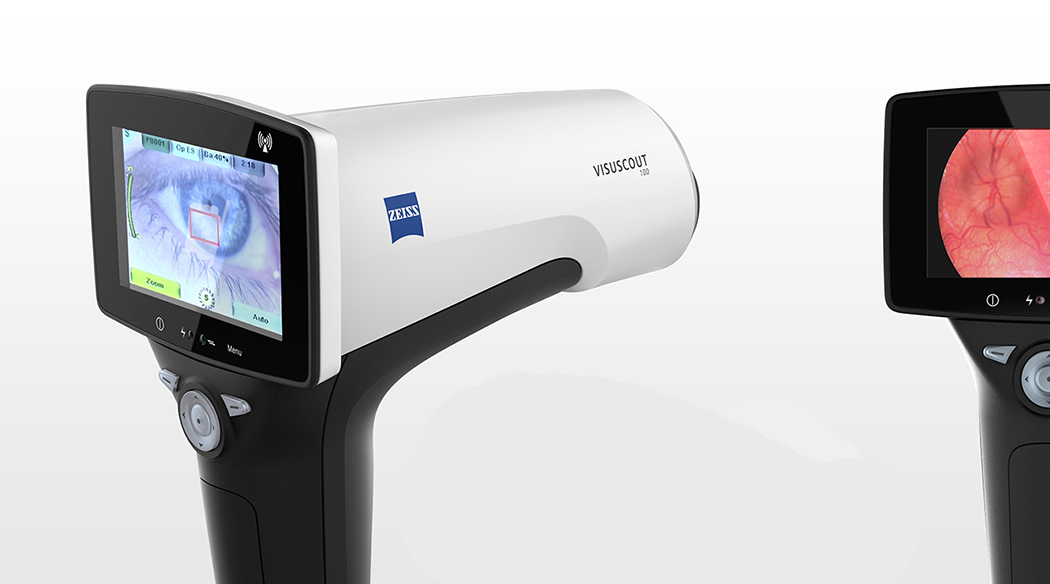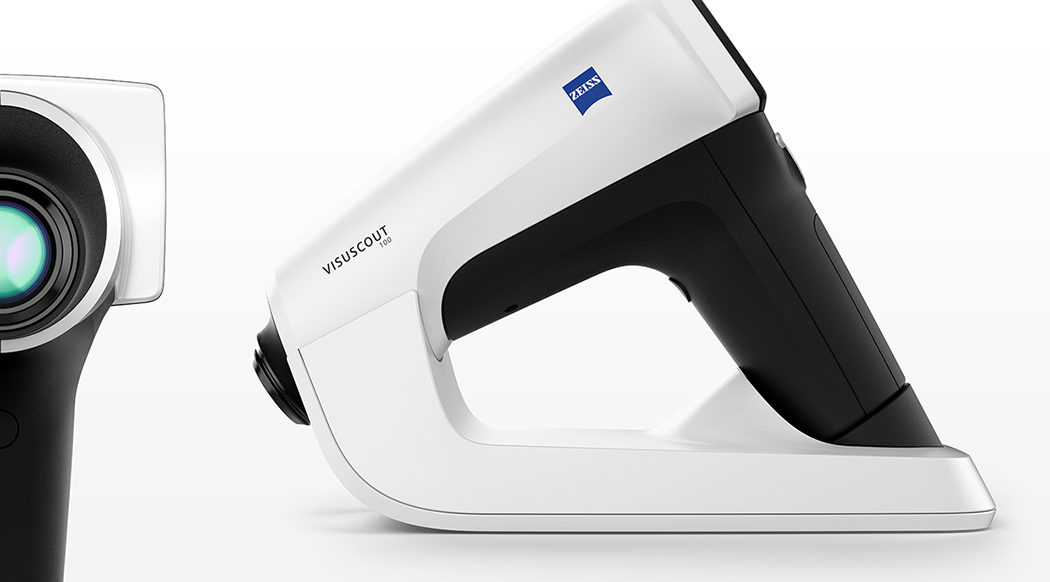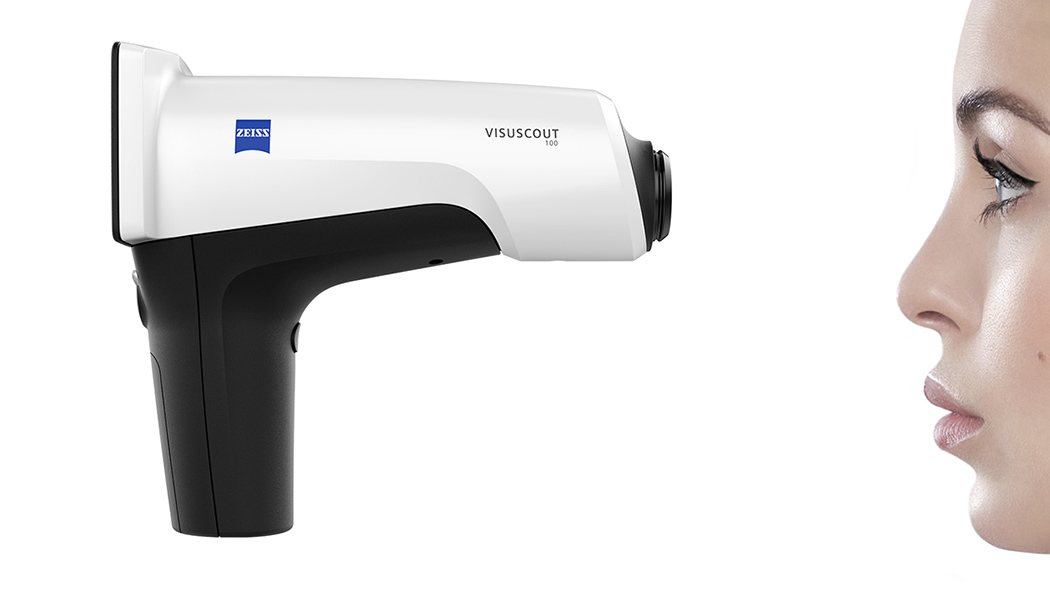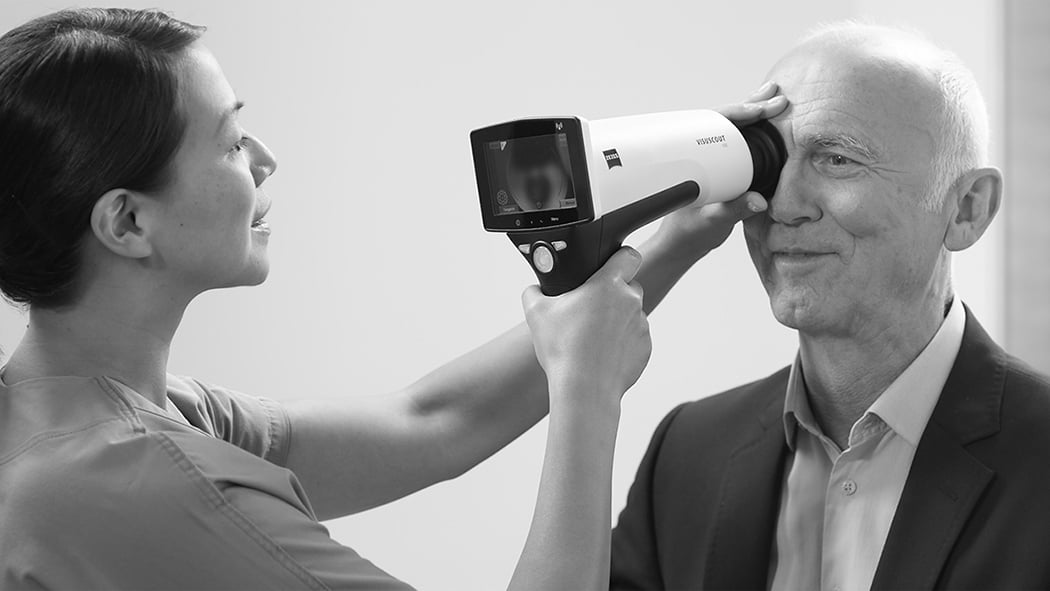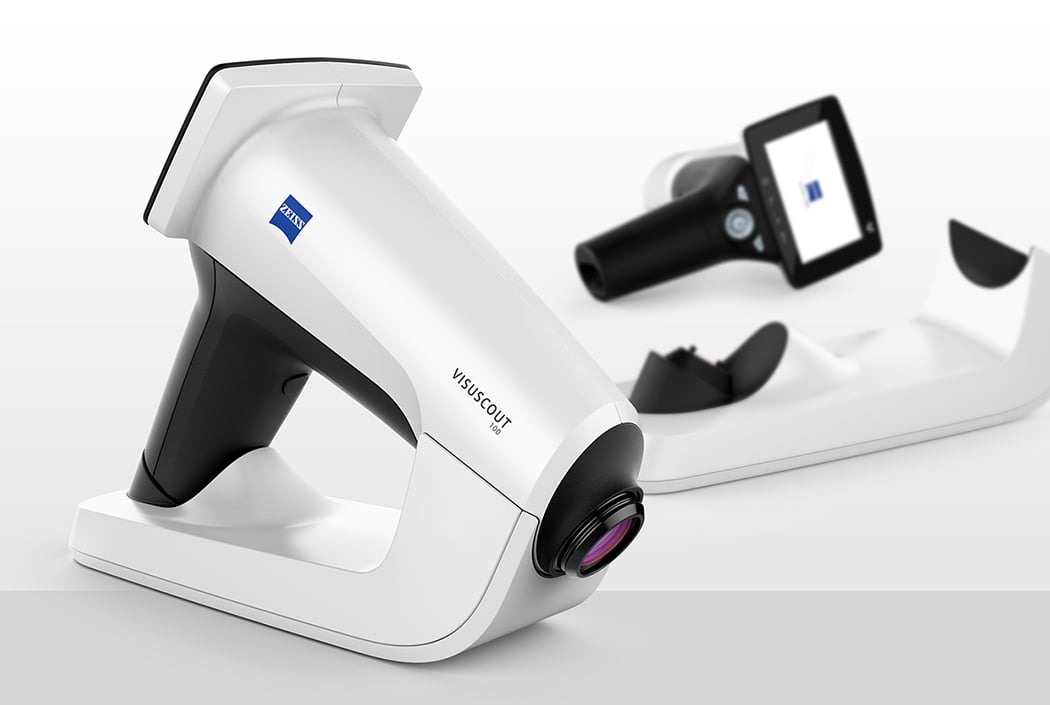
The VISUSCOUT 100 delivers practical, high quality imaging for detection and monitoring of retinal disorders. Examinations are quickly performed and reviewed without needing to move the patient. Even medical staff can operate the device, enabling cost-effective image capture prior to a full examination. With advanced hardware and software, the design allows the professional to detect a myriad of retinal issues by precisely controlling the lenses movement to focus on even extremely small areas. Packed into a small, rugged carrying case, the VISUSCOUT can be conveniently transported and easily fits into any practice setup. Thanks to the camera’s non-mydriatic operation and precise autofocus function, dilation of the eyes is not required. Its battery power provides added flexibility. The optional WiFi functionality enables instant transfer of images to a PC or mobile device.
Designer: Alexandre Avranches
